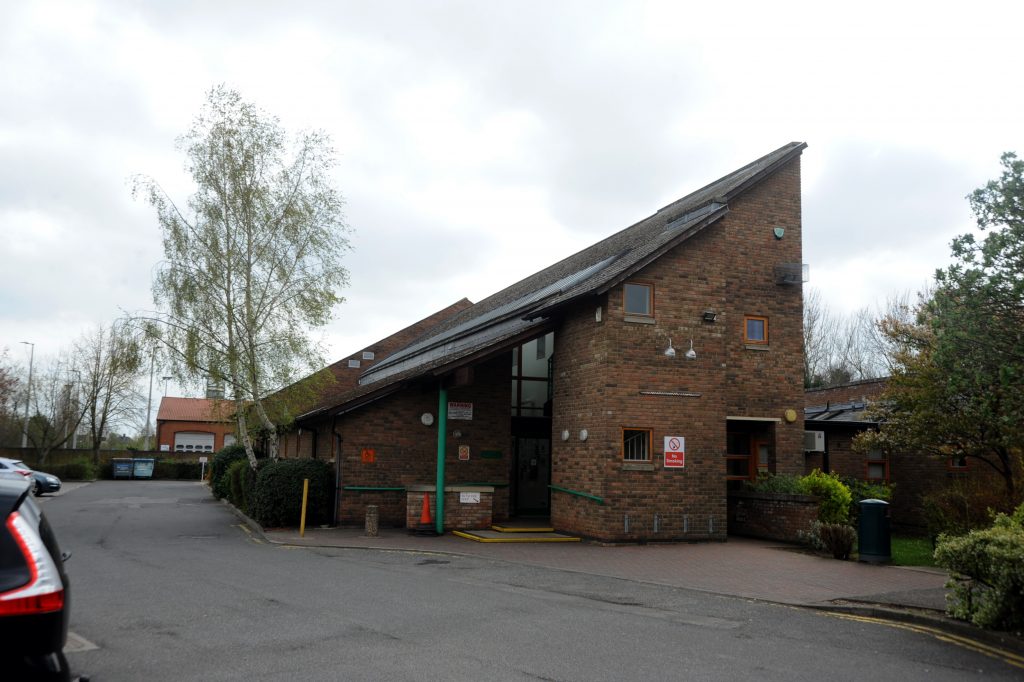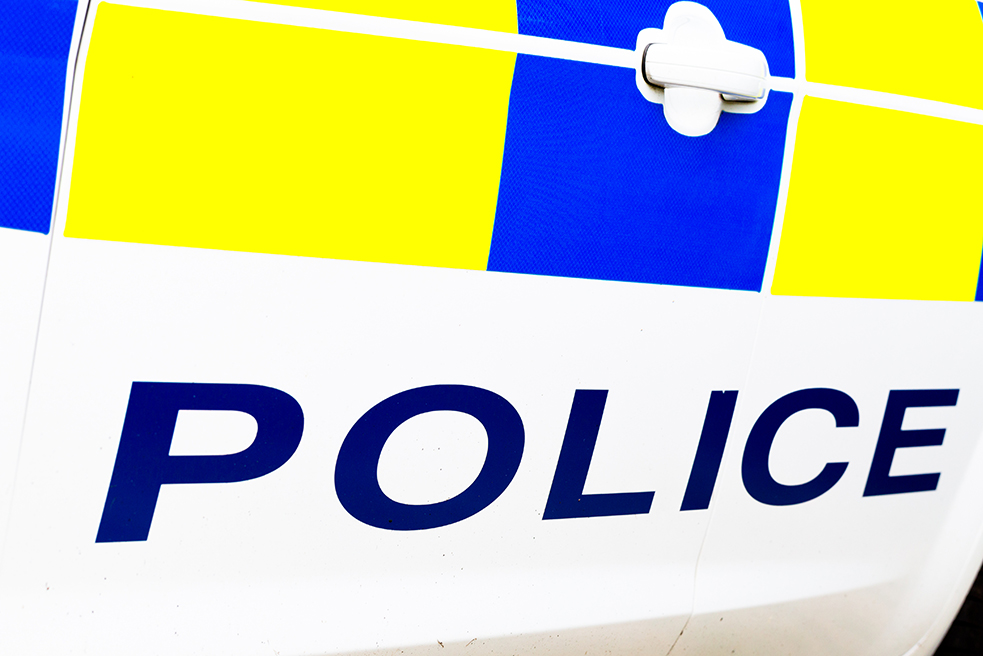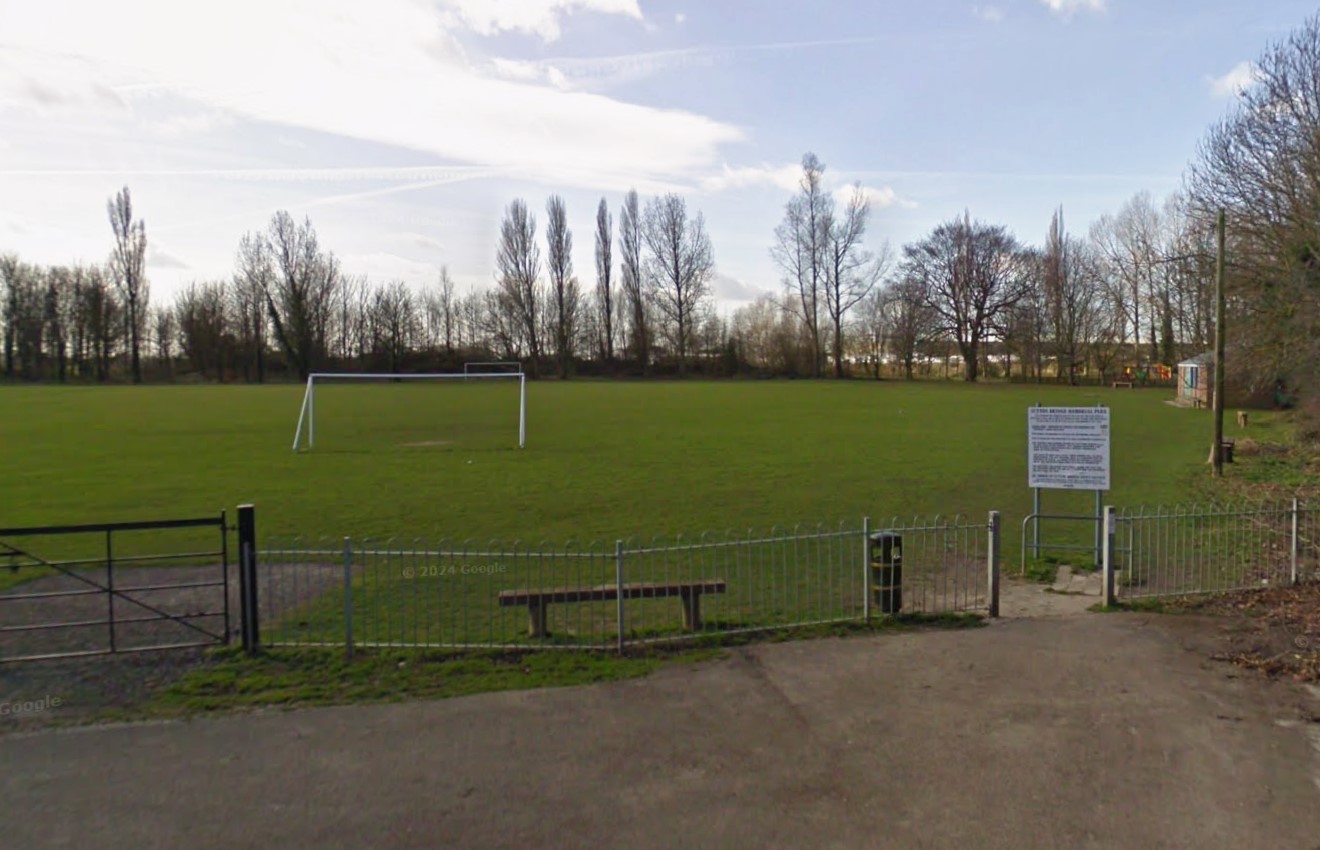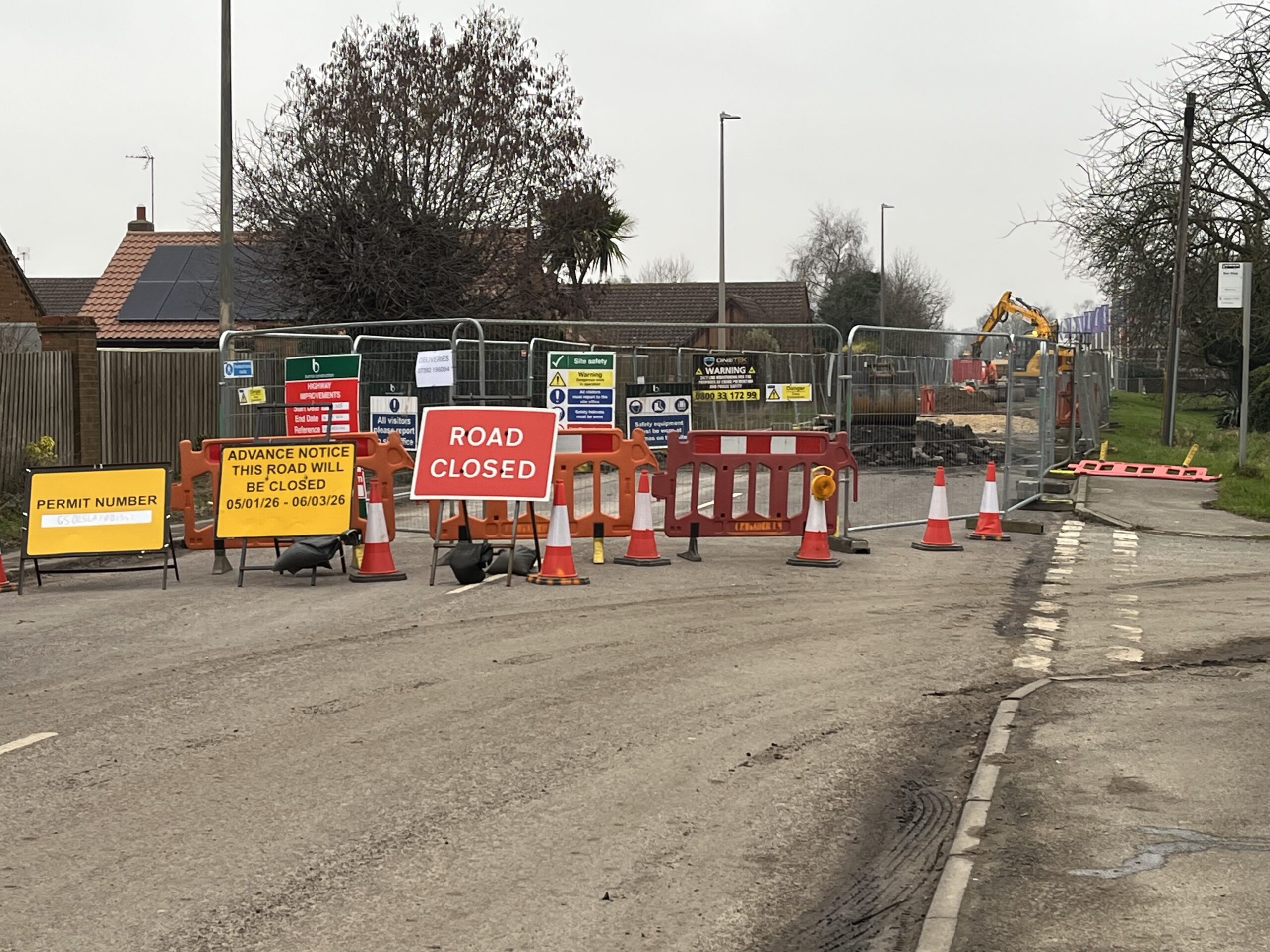A campaign to make it law that all medical centre personnel are first-aid trained has been started by two Spalding residents.
The campaign started after Spalding woman Naty Cruz was left “shocked and unempowered” after she claims staff at Munro Medical Centre in Spalding refused to call an ambulance for her friend who was unwell.
The surgery has responded with a statement saying they felt an ambulance wasn’t necessary.
After her experience at the medical centre, estate manager Ms Cruz and the man’s landlord, John Francis Walker, now want a law to be passed that will ensure that surgeries can be viewed as guaranteed “places of safety” in which reception staff are first-aid trained and there is a “999 procedure”.
“We want this as a minimum recommendation,” Mr Walker said, who claims his tenant would have been “better cared for” had he been taken ill in a supermarket.
“We understand it is not an A&E centre but I felt it was the closest place of safety with a defibrillator that could be used in case he was having a heart attack,” said Ms Cruz, who added she didn’t want to face a potentially long wait for an ambulance at the man’s home in case his condition worsened.
Ms Cruz said she took the man to the Spalding surgery on Tuesday, April 2, when he complained of chest pains and palpitations.
The man, who is not a registered patient at Munro, was given an appointment for later that afternoon.
Ms Cruz said the man then felt worse so she asked the receptionist to call an ambulance. Ms Cruz said a nurse told her they’d need to know the patient’s medical history and that is was Ms Cruz’s responsibility to call an ambulance.
He was taken to Pilgrim Hospital in Boston for checks and was home that night.
In response to the claims, Munro Medical Centre Practice Partner, Dr Graham Wheatley said: “On April 2, at about 1.30pm, a young man not registered at our practice presented at reception with symptoms that have been going on for over a week.
“We immediately agreed to see him and offered an appointment within two hours. The friend who was with him was certain that he needed an ambulance response. We disagreed. He rang for an ambulance anyway, and was taken to Pilgrim Hospital A&E, who agreed with our earlier assessment and discharged him later that day.
“We would advise anyone not currently registered at a practice to do so, as this would allow us to help without unnecessarily disrupting the care of other patients.
“We would also ask people to think carefully before ringing 999 for an emergency ambulance, and consider asking for and taking our advice, or that of the 111 service, to avoid ambulances being used unnecessarily and therefore being unavailable for other patients who do have emergencies.”
A spokesperson for South Lincolnshire CCG said: “We have been made aware of the incident but are unable to comment further on individual patients or cases.”







